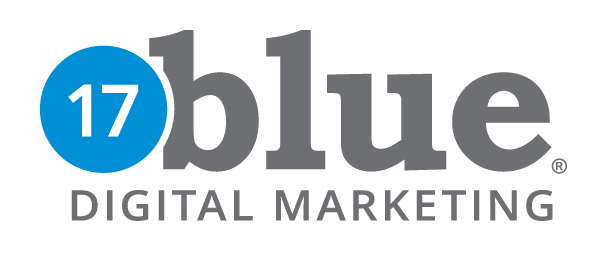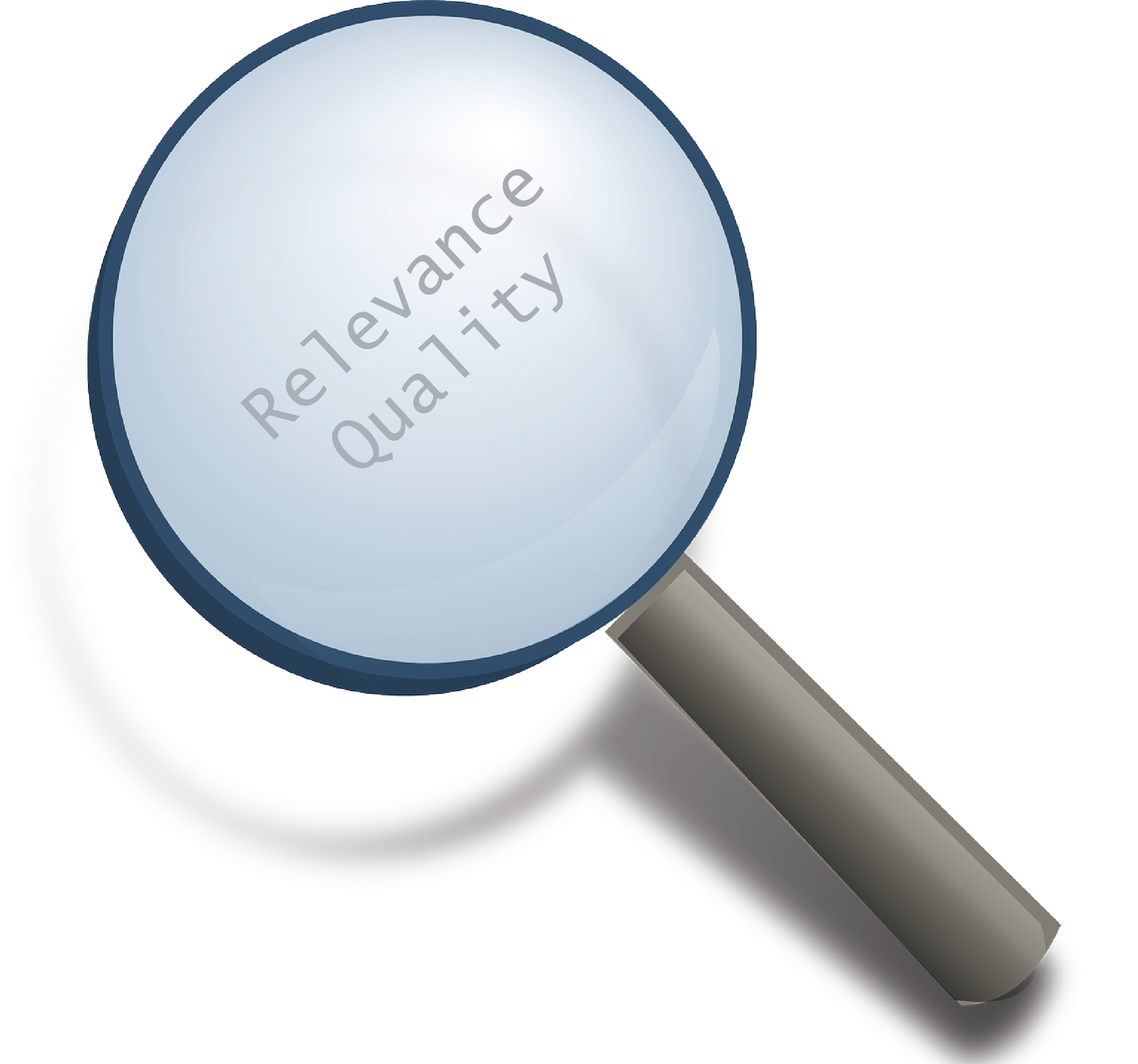This article is part of a series on sections of the “SEO pie.” Yes, it literally started with a pie chart.
By now, everyone has heard of SEO. What you may not know is that SEO is bigger than keywords and page descriptions. Relevant Content is key and is important for SEO.
What is Content?
Content is a term used to describe something that is expressed in any medium such as written, a speech, or various arts. In marketing, content is published work on your website and shared through various social sites. The amount of times this content is read, clicked on and shared will improve your rankings in SEO. Diverse, content-based strategies work best for your visitors and that is what drives the search engines.
What do you mean by Relevant?
Relevance of a websites’ content affects where a website will appear under the search results for a given search term. Thus, relevance to a searcher is pertinent. Your goal is to create content that will answer questions Googled by potential customers.
Now to have Relevant Content…
This can be a bit overwhelming. A plus side is, search engines have the same goal you do; delivering the best answer(s) to a searcher’s Question. At its most basic level, Google wants to provide the best answer out on the web to someone’s search. If your site answers that question well, it is relevant, and it helps to increase your rank under a search phrase.
How do you know what to produce?
There are no guarantees but you can be certain you won’t answer questions if you never publish any content. There are a few steps you can take to help guide your content.
- Trust your instincts. You know your industry.
- Do your research. Stay on top of current trends.
- Be aware of popular search terms in your industry. If someone searches, “regular HVAC maintenance”, and you own a HVAC company but have never published anything on regular maintenance, your site will probably not appear in the search results.
The importance of Quality.
Content isn’t just Content. Simply posting content that may be searched in your industry is not enough. Ensure what you post is something you can offer and/or content that is factually true and of superior quality.
Creating high quality material is a process – it takes research and planning with the intent of creating unique, shareable content that is focused on the user. The best content is written with the reader in mind – not the search engines.
Search Engine Land published Quality Content Factors: A List That’s Actually Helpful that provides 20 concrete characteristics of great content. A few factors include:
- Write a Strong Title & H1 – readers don’t have time to decipher subtleties
- Deliver what you advertise your delivering – never mislead the reader
- Write for your audience, not your peers
- Make it aesthetically pleasing – Make it pretty 😉
Publishing quality content builds trust and reliability that will increase traffic to your blog and website.







